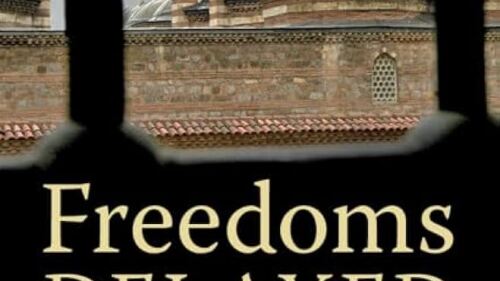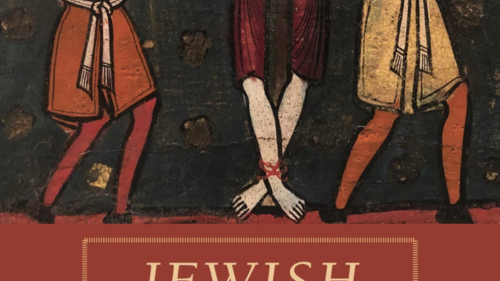The modern Berber (Amazigh) identity movement has recently achieved constitutional recognition of Amazighité as an integral component in both Moroccan and Algerian national identities, with Tamazight being recognized as an official language, alongside Arabic. But translating these achievements into real change faces formidable obstacles.
Kabyle Berbers in Algeria and the French diaspora continue to play crucial intellectual and cultural roles in Kabyle and Berber identities. Kabyles, two-thirds of Algeria’s Berbers (who altogether make up approximately 20-25 percent of the country’s total population), have played a part at key junctures of Algerian history: French colonial rulers and scholars recognized their distinctiveness, viewing them as less “Islamic” and more “European,” and thus candidates for association with Algérie francaise. Kabyles also played outsized roles in the Algerian war of independence and make up a good portion of the country’s professional classes and some of the political elite; their home territory in the mountains east of Algiers has also been the focus of repeated unrest and opposition to the ruling military-bureaucratic oligarchy.
Roberts, a foremost authority on Algerian history and politics, rejects both essentialist “timeless Berber” and colonialist manipulation explanations of Berberité in favor of historical and anthropological analyses. He situates the evolution of collective Kabyle identity and political culture in the centuries pre-dating France’s conquest of Algeria in 1830. Roberts uses a variety of sources—field experiences; a deep understanding of Kabyle village and tribal-based society; French colonial ethnographies; contemporary Arabic and Ottoman perspectives, and the writings of intellectual luminaries including Ibn Khaldun, Durkheim, Masqueray, Gellner, Bourdieu, and a number of Kabyle scholars, including Si Amar Boulifa and Mouloud Gaïd—to produce his own synthesis.
The author methodically unpacks historical episodes and politicized controversies—for example, the decision in 1748-49 to abolish women’s inheritance rights, against Qur’anic strictures— that were
deemed as “proof” in French eyes, and among some Muslims, that the Kabyles’ attachment to Islam was superficial. He advances the argument that the Kabyle Muslim polity that grew in the century before the French conquest was a republic with functioning institutions, “founded on consent, [with] a mode of legitimation predicated on a principle of political representation, a procedure of public deliberation and decision-making that was respectful of public opinion, a corpus of man-made law that carried authority, and rudimentary political parties.”
Roberts argues that periodic Kabyle resistance and opposition to the autocratic, independent Algerian state have been based on the constitutional tradition that originated in the pre-colonial Kabyle polity and survived the ravages of French colonialism. He suggests that modern Kabyle activists place too much emphasis on identity issues, which Algerian authorities grudgingly accommodate, and not enough on their own tradition of democracy and law-bound government.
Berber Government is a tour de force, a major and valuable piece of scholarship.
Bruce Maddy-Weitzman
The Moshe Dayan Center
Tel Aviv University




